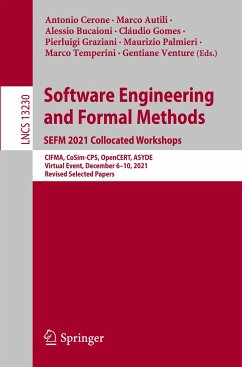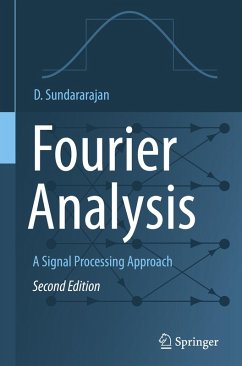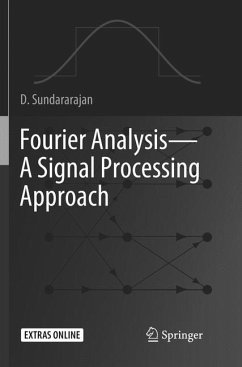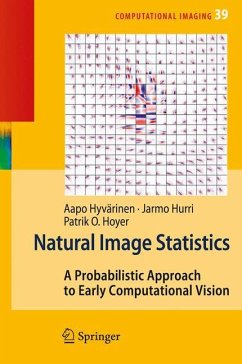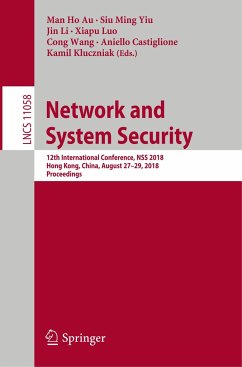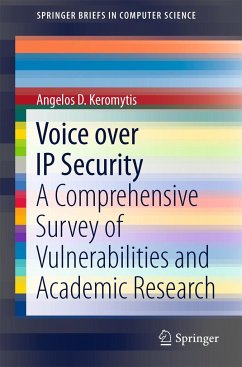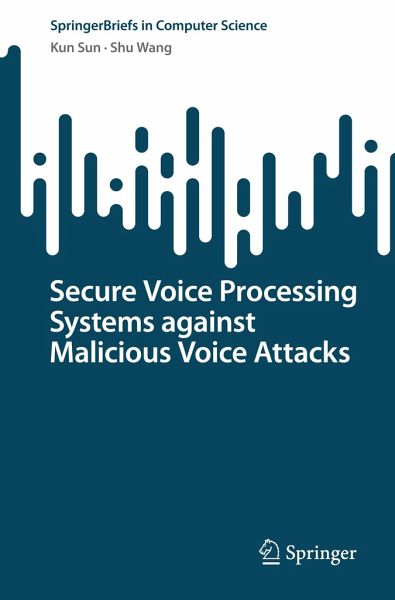
Secure Voice Processing Systems against Malicious Voice Attacks

PAYBACK Punkte
19 °P sammeln!
This book provides readers with the basic understanding regarding the threats to the voice processing systems, the state-of-the-art defense methods as well as the current research results on securing voice processing systems.It also introduces three mechanisms to secure the voice processing systems against malicious voice attacks under different scenarios, by utilizing time-domain signal waves, frequency-domain spectrum features, and acoustic physical attributes.First, the authors uncover the modulated replay attack, which uses an inverse filter to compensate for the spectrum distortion caused...
This book provides readers with the basic understanding regarding the threats to the voice processing systems, the state-of-the-art defense methods as well as the current research results on securing voice processing systems.It also introduces three mechanisms to secure the voice processing systems against malicious voice attacks under different scenarios, by utilizing time-domain signal waves, frequency-domain spectrum features, and acoustic physical attributes.
First, the authors uncover the modulated replay attack, which uses an inverse filter to compensate for the spectrum distortion caused by the replay attacks to bypass the existing spectrum-based defenses. The authors also provide an effective defense method that utilizes both the time-domain artifacts and frequency-domain distortion to detect the modulated replay attacks. Second, the book introduces a secure automatic speech recognition system for driverless car to defeat adversarial voice command attacks launched from car loudspeakers, smartphones, and passengers. Third, it provides an acoustic compensation system design to reduce the effects from the spectrum reduction attacks, by the audio spectrum compensation and acoustic propagation principle. Finally, the authors conclude with their research effort on defeating the malicious voice attacks and provide insights into more secure voice processing systems.
This book is intended for security researchers, computer scientists, and electrical engineers who are interested in the research areas of biometrics, speech signal processing, IoT security, and audio security. Advanced-level students who are studying these topics will benefit from this book as well.
First, the authors uncover the modulated replay attack, which uses an inverse filter to compensate for the spectrum distortion caused by the replay attacks to bypass the existing spectrum-based defenses. The authors also provide an effective defense method that utilizes both the time-domain artifacts and frequency-domain distortion to detect the modulated replay attacks. Second, the book introduces a secure automatic speech recognition system for driverless car to defeat adversarial voice command attacks launched from car loudspeakers, smartphones, and passengers. Third, it provides an acoustic compensation system design to reduce the effects from the spectrum reduction attacks, by the audio spectrum compensation and acoustic propagation principle. Finally, the authors conclude with their research effort on defeating the malicious voice attacks and provide insights into more secure voice processing systems.
This book is intended for security researchers, computer scientists, and electrical engineers who are interested in the research areas of biometrics, speech signal processing, IoT security, and audio security. Advanced-level students who are studying these topics will benefit from this book as well.






